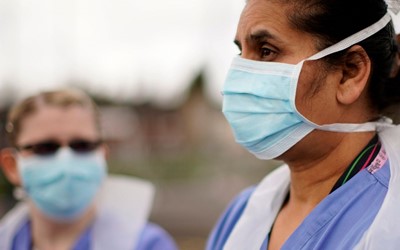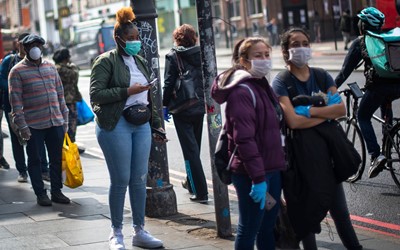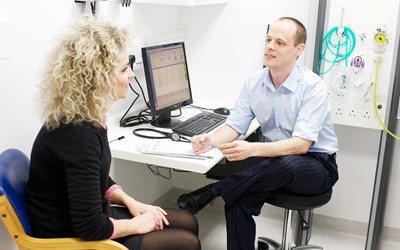Research Partnership Team
Welcome to the Research Partnership Team (RPT). We are a dynamic, multidisciplinary group of researchers with specialist methodological and subject expertise, who are core to the work of NIHR ARC North Thames. Experience among team members is diverse and includes: evaluation of complex interventions (using quantitative and qualitative methods), social care research, applied statistics, health economics, organisational research, and systematic reviewing.
As a team, we support the delivery of research by:
- Enhancing research design
- Identifying potential for research impact and implementation
- Reaching out and engaging with our partners and communities
Through our wider engagement efforts, we respond to emerging local and national priorities by forming new collaborations, leveraging externally funded grants, and delivering research.
How do we work with you?
The process begins by listening to your ideas, questions and needs. The team works with you to identify the key issues and to determine if an evidence-based solution could be achieved through applied health research. No problem is too big or too small, and we encourage you to get in touch.
Contact us via email to share your ideas and explore opportunities for new research.











